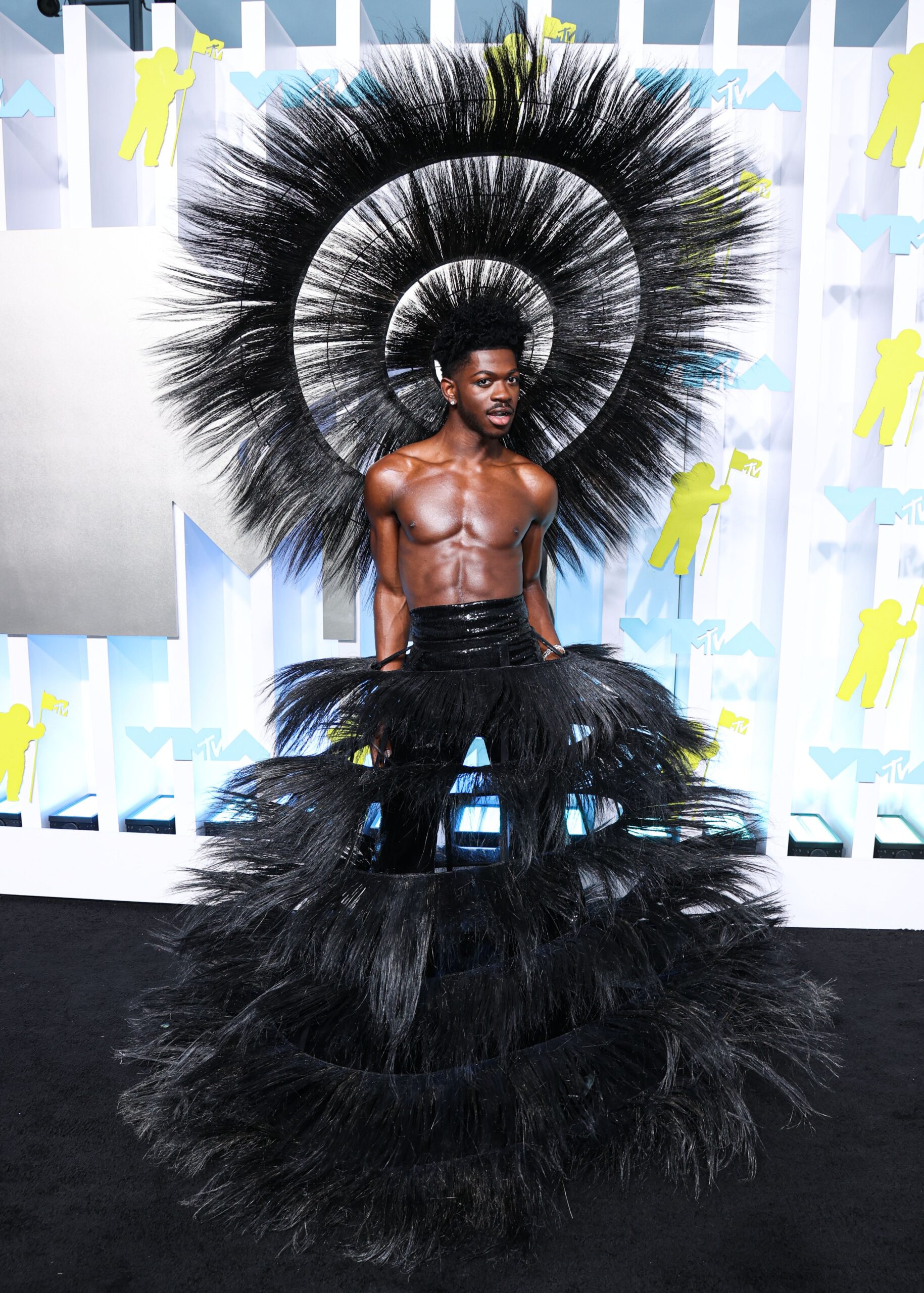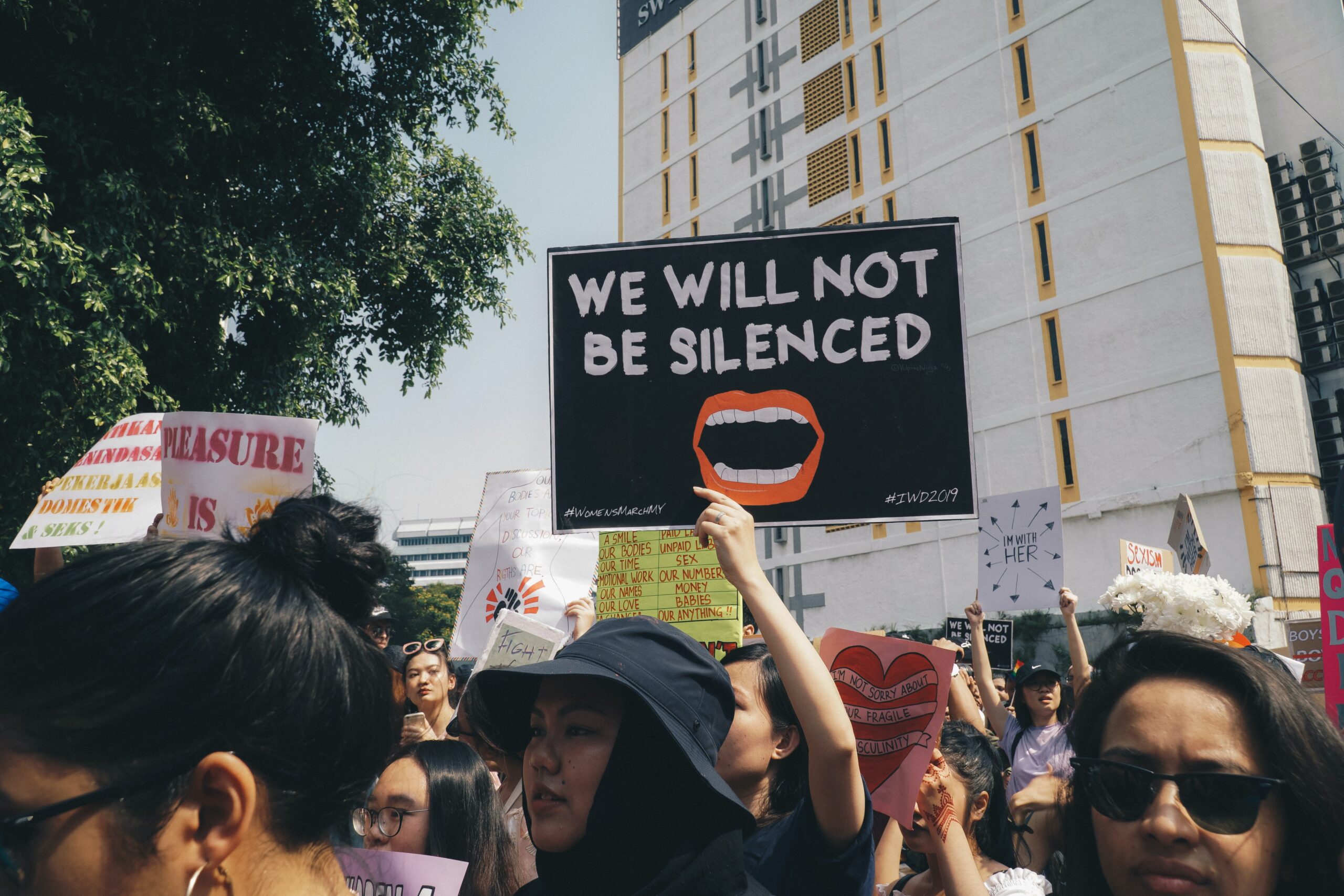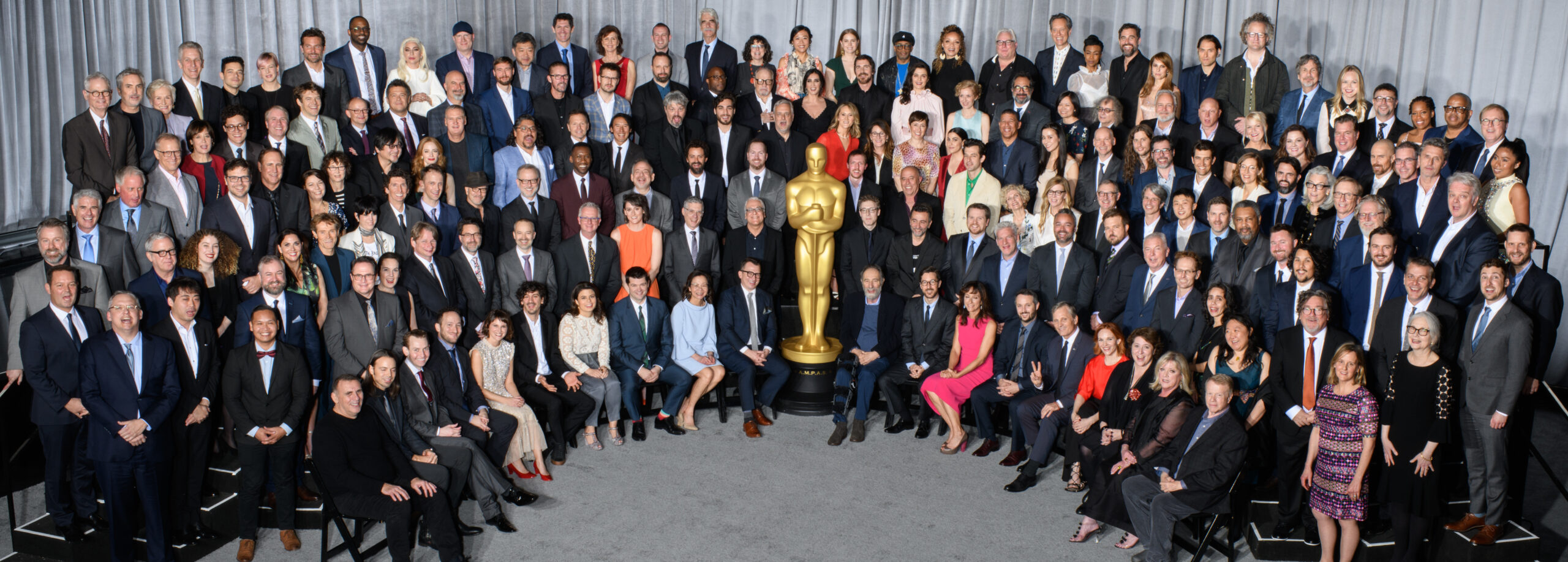
Lil Nas X
Photo by Image Press Agency (Shutterstock)
In an episode of HBO’s The Shop: Uninterrupted, Lil Nas X tried to defend his decision not to come out until he became famous—until Kevin Hart interrupted him.
Before Lil Nas could get a word out, Hart attempted to shut down the conversation when he said, “He said he was gay! So what?”
Lil Nas X then tried to explain himself further.”I’m growing up to hate this sh*t,” he said, trying to explain how difficult his upbringing made it for him to come out, but Hart interrupted him again and said, “Hate what? Why?”
The Shop: UNINTERRUPTED | Lil Nas X on Coming Out (Season 2 Episode 3 Clip) | HBOwww.youtube.com
The comments would have been inconsiderate even if Hart had been a longtime defender of gay rights, but the actor has a history of homophobic comments. After he was tapped to host the Oscars last year, several homophobic tweets from his past appeared, and he lost the position.
As of today, it seems like Hart has altered his approach, but his comments to Lil Nas X clearly showed an internalized lack of consideration and care for queer experiences. As The Cut writes, the interview was a classic case wherein a “straight men bravely pretends being gay doesn’t matter.”
Hart’s comments are exemplary of a habit that unites so-called allies and blatant racists: They’re textbook examples of gaslighting, a.k.a. attempting to make people think that their own, very real lived experiences are invalid or imagined.
While they exhibit a clear lack of care, in some ways, Hart’s comments are also emblematic of the bubble that is liberalism and the media. While it may seem like queerness has become widely accepted, this is far from true around the world and in many parts of America. Homophobia is alive and well, and as wealthy, cisgender, white queer people become more accepted across the nation, that doesn’t mean that other demographics are getting pulled into rainbow-colored bliss along with them.
Queerness is rarely isolated from other issues like race and class. On average, black men who come out as queer are more likely to face economic hardship, harassment, and hate than white men, according to a recent report from Human Rights Campaign. Black trans people face even more violence, particularly black trans women, who constitute the majority of trans people killed in homophobic attacks.
This violence is why starry-eyed slogans like “love is love” will never be enough. If the systems that keep homophobia in place remain intact, then homophobia will also remain alive and well, especially if people stop talking about it or fighting for space to be who they are.
In truth, Hart’s comments are far less malicious than the majority of what many queer people, particularly queer people of color, face every day. While part of the Internet is getting enraged about this story or the nuances of another Twitter battle, many are still struggling with their sexuality and feeling completely alone.
This is why Lil Nas X’s decision to come out is so important. While niche Twitter battles and arty films tend only to reach specific demographics, resulting in feedback loops that simply echo what we already know, Lil Nas X’s music has a more universal reach. His decision to come out might resonate with people struggling to come to terms with their sexuality, because—as a superstar beloved for his work, not someone merely defined by or famous because of his sexual orientation—he presents a uniquely powerful image that young black men, particularly those outside of supportive communities, can take heart from.
That said, the conversation around queerness will never be stagnant, and there will never be just one kind of queer person or way to speak about sexuality. Some queer people will prefer to remain in the closet, while others feel it’s important to come out publicly (that’s queerness 101), just like some transgender people prefer to use “they/them” pronouns while others don’t want to or aren’t ready to go through the trouble.
Similarly, some people would prefer not to be pigeonholed and asked about their sexuality in every interview—so in that, maybe Hart’s comments had a grain of truth to them, though his delivery negated any positive impact they might have had.
Ultimately, if there’s a singular rule that people like Kevin Hart, or anyone trying to show support for others, might follow, it’s this: learn to listen.
- Lil Nas X Answers Skeptical Coming-Out Questions From Kevin Hart … ›
- Lil Nas X Checked Kevin Hart For Gaslighting Him On ‘The Shop’ ›
- Lil Nas X Discusses Coming Out On ‘The Shop’ – Rolling Stone ›
- Kevin Hart slammed for comments he made to Lil Nas X on rapper … ›
- Lil Nas X Explains Gay Prejudice to Kevin Hart on HBO’s ‘The Shop … ›
- Lil Nas X somehow forced to explain homophobia to Kevin Hart ›
- Lil Nas X Explains Anti-Gay Prejudice To Kevin Hart ›
- An exchange between Lil Nas X and Kevin Hart went viral. But … ›
- Lil Nas X was asked to explain why he came out as gay. Kevin Hart … ›
- Lil Nas X tried to explain why he came out as gay. Then Kevin Hart … ›
- Lil Nas X Explains Anti-Gay Prejudice to Kevin Hart – Variety ›












